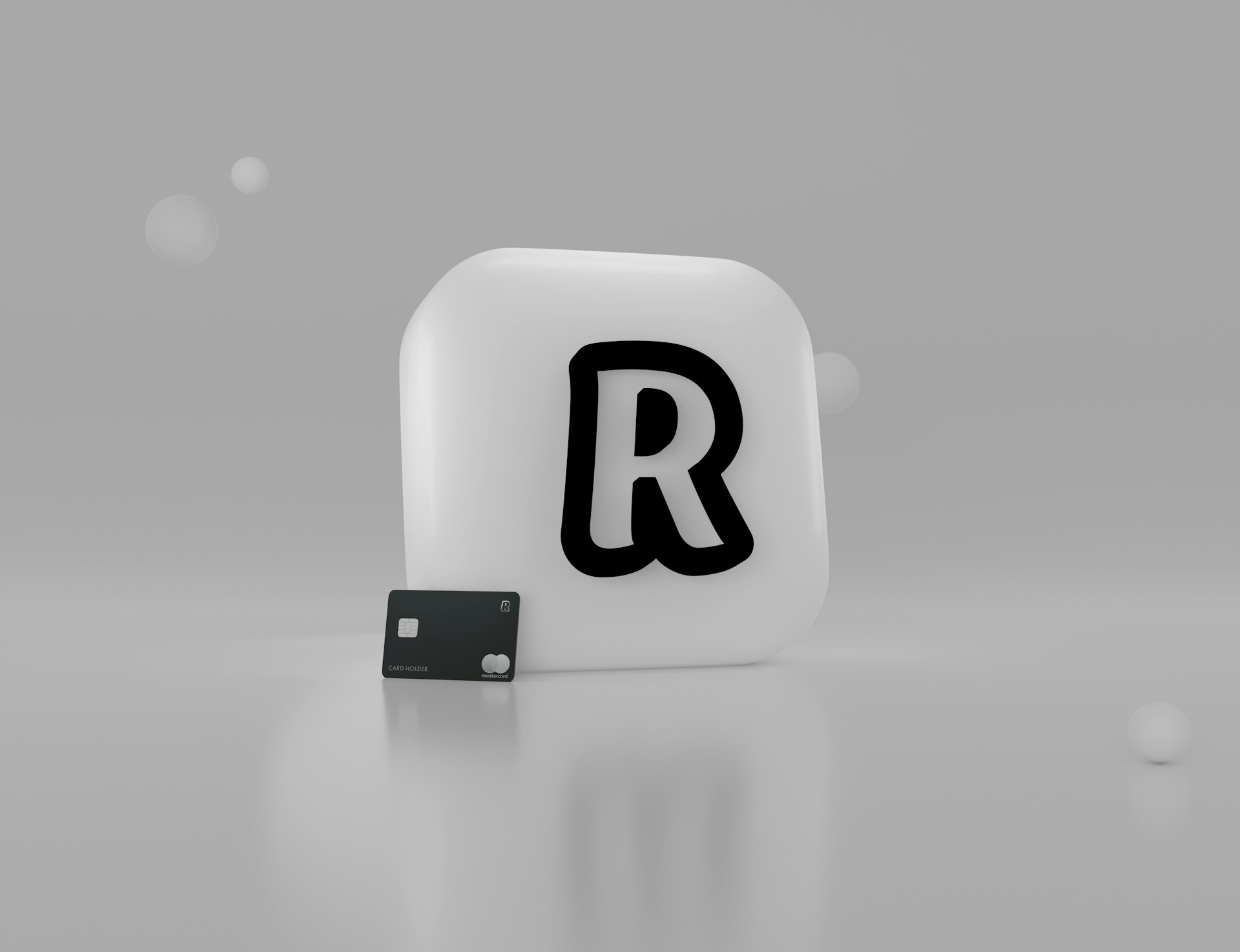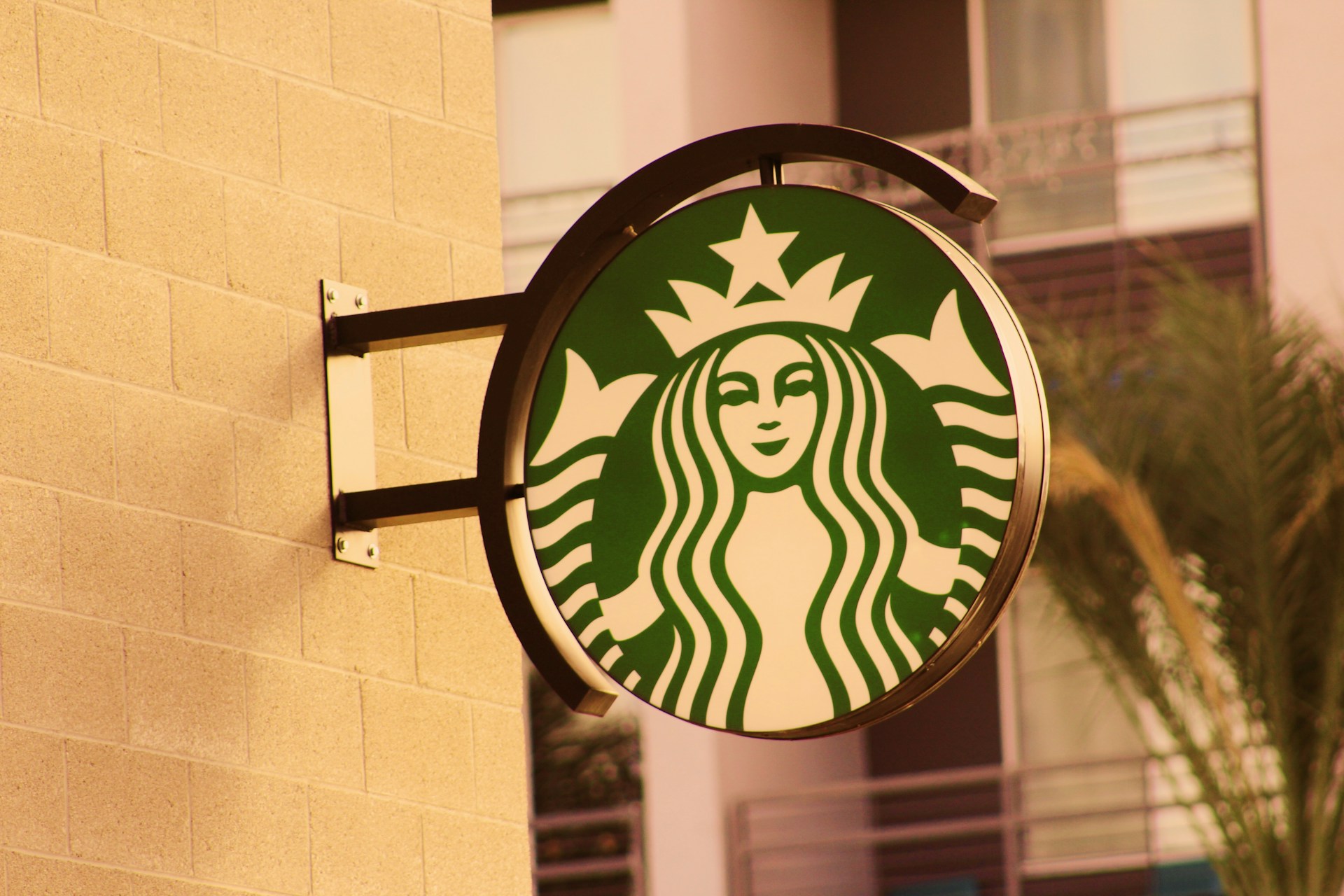
As the world of business has become digitized, companies have started to recognize the long-term value that can be generated from consistent engagement. However, interestingly, this engagement is on a small scale and occurring daily. The world’s most successful platforms aim for ‘micro-actions’ with their customers that build loyalty over a period of time. It can be anything from logging meals in an app to savings progress, and these small steps now form the spine of billion-dollar companies.
Gamification Across Industry
Completing daily tasks or rewards have become part and parcel of applications across sectors. It is something that is evident in the iGaming industry, for a start. On many online casino sites, gamers can receive badges, progress levels and win jackpots as part of their platform’s offerings. Platforms are integrating these features to encourage users to interact with the platform and build brand loyalty over time. This behavioral design centered around stimuli and variable rewards has now been mirrored in other sectors.
In the education space, Duolingo is one of the most famous examples. Allowing language learners to complete simple tasks with instant feedback, users can build learning streaks, see their progress continue, and get rewards, apart from mastering a language. While fitness apps, like Fitbit and Strava, utilize similar ideas, allowing athletes to complete challenges, which turns into a daily, gamified ritual.
These tactics are now employed across the fintech space too. Revolut allows users to set savings goals and track currency exchange rates. While competitor Monzo rewards users for small savings using vaults to encourage them. Over the longer term these habits help not only the platform but the user too.
Start-Ups That Built Empires on Habit
Successful start-ups have used these techniques to grow businesses across the globe. Robinhood, an investment platform, uses push notifications and celebratory graphics to increase interaction and encourage users to continue using the product, even in times of relative calm in the markets. In the meditation space, Headspace has grown a business by using short daily check-ins, identifying the need to stay away from time-consuming interactions with the app. While not even the corporate world remains untouched. Apps like Slack encourage micro interactions such as small notes or reacting to messages that can foster a dependency on the app and integrate it into the daily lives of workers.
Gamification as a Growth Engine
‘Variable reinforcement’, describing a mix of predictability and surprise, is used by companies to drive engagement. Starbucks has integrated games using methods like ‘double-star days,’ adding some unpredictability to engagement, while Nike has provided limited-time challenges through their Run Club app that give athletes some new goals to chase.

In a fast-paced world, with consumers being pulled in every direction as companies vie for their attention, the importance of these small, daily interactions cannot be overstated. Duolingo, Revolut, and Headspace are examples that it’s not just a gimmick and can really drive company growth, highlighting the importance of focusing on the everyday interaction and not just long-term goals.















